Best Healthy Nutrition Fruits and Vegetable Juice
Though juice is popular all across the world, it is a contentious beverage. Many individuals are divided on whether or not it is healthy. Some claim that it contains too much sugar, while others tout its strong nutritional value.
This article looks at the 9 healthiest juices and considers whether or not juice is a good choice in general.
1. Cranberry Nutrition Juice
Cranberry juice is tart and vivid red, and it has numerous health advantages.
A single cup (240 ml) of cranberry juice provides
Calories: 116
Protein: 1 gram
Carbs: 31 grams
Fiber: 0.25 grams
Sugar: 31 grams
Potassium: 4% of the Daily Value (DV)
Vitamin C: 26% of the DV
Vitamin E: 20% of the DV
Vitamin K: 11% of the DV
The efficacy of cranberry juice to protect against urinary tract infections is well documented (UTIs). Despite conflicting evidence, a recent study indicated that consuming cranberry juice reduced the incidence of a urinary tract infection by 32.5 percent.
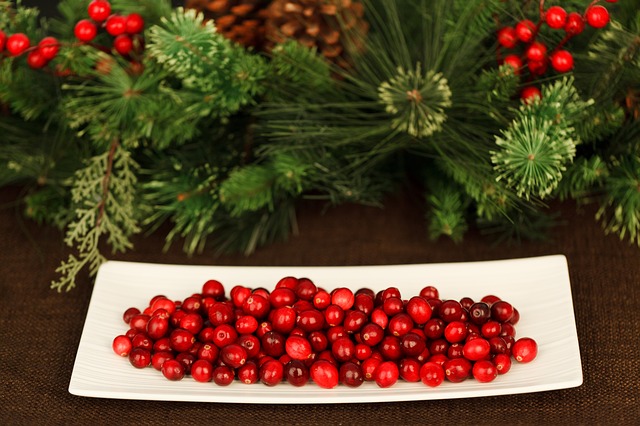
Anthocyanins, flavonols, procyanidins, and vitamins C and E are all high in antioxidants in this juice, which may help protect your cells from free radical damage.
Potassium, antioxidants, and vitamins C and E are abundant in cranberry juice. It may also assist to prevent UTIs, though there is conflicting evidence on this.
2. Tomato Nutrition Juice
Tomato juice is not only an essential ingredient in Bloody Marys, but it’s also a tasty and healthy drink on its own.
While many people perceive tomatoes to be vegetables because of their culinary purposes, they are actually fruits. Despite its flavor and low sugar level, several firms label tomato juice as a vegetable juice.
One cup (240 ml) of tomato juice provides (5Trusted Source):
Calories: 41
Protein: 2 grams
Carbs: 9 grams
Fiber: 1 gram
Sugar: 6 grams
Folate: 12% of the DV
Potassium: 11% of the DV
Vitamin A: 6% of the DV
Vitamin C: 189% of the DV
Vitamin E: 5% of the DV
Vitamin K: 5% of the DV
Tomato juice is strong in vitamin C, a powerful antioxidant that aids iron absorption as well as skin and immunological health.

It’s also high in lycopene, an antioxidant and carotenoid that gives tomatoes their red color. Tomato juice, spaghetti sauce, and pizza sauce are said to provide 80 percent of dietary lycopene.
Lycopene has been shown to reduce the risk of heart disease and stroke. Increased lycopene intake, for example, was linked to a 13% decreased risk of heart disease in one study.
Tomato juice, on the other hand, can be high in salt, a mineral that, when ingested in excess, can raise blood pressure. Because the majority of individuals consume too much salt, choose low-sodium choices wherever possible.
Tomato juice is abundant in lycopene, an antioxidant that may help to reduce your risk of heart disease. Furthermore, 1 cup (250 ml) has nearly twice as much vitamin C as your daily requirement. When feasible, go for low-sodium tomato juice.
3. Beet Nutrition Juice
Beet juice has been increasingly popular in recent years as a result of its health benefits. Beets and water are blended to make this vibrant juice.
One cup (240 ml) of beet juice provides
Calories: 70
Protein: 1 gram
Carbs: 18 grams
Fiber: 1 gram
Sugar: 13 grams
It has a low sugar content, as most veggies have a lower sugar content than fruits.
Furthermore, beets are high in betalains, the pigments that give the vegetable its deep red color. They are powerful antioxidants that may reduce the risk of heart disease, inflammation, and certain cancers.
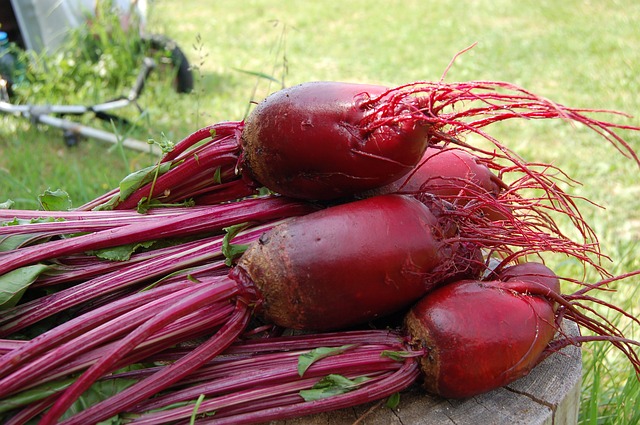
Inorganic nitrates, which have been demonstrated to improve athletic performance and lower blood pressure and heart disease risk, are abundant in beet juice.
However, keep in mind that the amount of inorganic nitrate in beet juice varies depending on the species, growth conditions, and processing method.
It’s impossible to say how much drinking beet juice will deliver nitrate-related advantages because the nitrate concentration isn’t indicated on most labels.
Dietary nitrates and betalains, both of which are linked to a lower risk of heart disease and other chronic diseases, are abundant in beet juice. Furthermore, it contains significantly less sugar than other juices.
4. Apple Nutrition Juice
Apple juice is one of the most popular types of juice.
Cloudy and clear are the two main categories. The pulp is present in cloudy apple juice, but the pulp has been eliminated from clear apple juice.
A 1-cup (240-ml) serving of apple juice provides (21Trusted Source):
Calories: 114
Protein: less than 1 gram
Carbs: 28 grams
Fiber: 0.5 grams
Sugar: 24 grams
Potassium: 5% of the DV
Vitamin C: 3% of the DV
Potassium, an electrolyte that is vital for nerve communication and heart health, is found in moderate amounts in apple juice.
Despite the fact that it is naturally low in vitamin C, many commercial kinds are fortified with it, offering up to 106 percent of the daily value (DV) per cup.
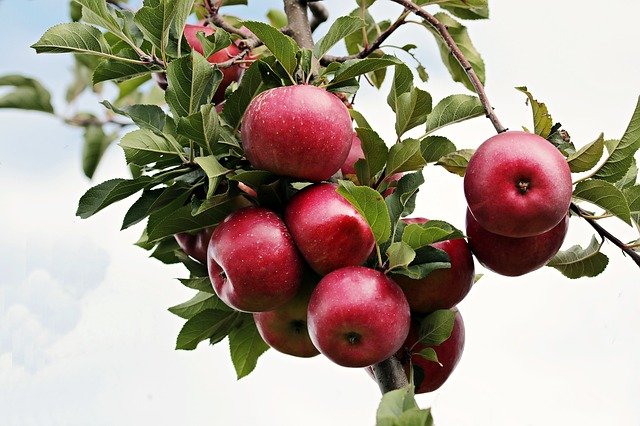
It’s also abundant in antioxidants like flavonoids and chlorogenic acid, which help neutralize free radicals that damage cells.
Cloudy apple juice has the most antioxidants of all the varieties. It was discovered to contain 2–5 times the antioxidant level of transparent apple juice in one study.
There are two types of apple juice: clear and hazy. Despite the fact that both contain antioxidants, cloudy juice has up to 2–5 times the amount. The antioxidant content of most apple juices is enhanced by the addition of vitamin C.
5. Prune Nutrition Juice
Prunes are plums that have been dried. Prunes are commonly consumed as a snack, but prune juice is also popular.
One cup (240 ml) of prune juice provides (29Trusted Source):
Calories: 182
Protein: 1.5 grams
Carbs: 45 grams
Fiber: 2.5 grams
Sugar: 42 grams
Iron: 17% of the DV
Magnesium: 9% of the DV
Manganese: 17% of the DV
Potassium: 15% of the DV
Vitamin B2: 14% of the DV
Vitamin B3: 13% of the DV
Vitamin B6: 33% of the DV
Vitamin C: 12% of the DV
Vitamin K: 8% of the DV
B vitamins are abundant in prune juice and are important for metabolism, DNA and red blood cell synthesis, as well as skin and eye health.
It’s also extensively used as a treatment for constipation, particularly among the elderly. It appears to soften feces and functions as a moderate laxative due to its high fiber content.

Antioxidants including vitamin C and phenolic compounds are abundant in this fruit.
Despite the fact that prune juice is a natural source of sugar, you should limit your intake to one small glass each day or dilute it with water.
Iron, magnesium, potassium, vitamin C, and B vitamins are all abundant in prune juice. Its stool-softening effect makes it a popular cure for constipation.
6. Pomegranate Nutrition Juice
Pomegranate juice has been increasingly popular in recent years as a result of its nutritious value. It also offers a pop of brilliant color to your day.
A 1-cup (240-ml) serving of pomegranate juice provides (35Trusted Source):
Calories: 134
Protein: less than 1 gram
Carbs: 33 grams
Fiber: 0.25 grams
Sugar: 32 grams
Potassium: 11% of the DV
Vitamin C: less than 1% of the DV
Vitamin K: 22% of the DV
Vitamin K is abundant in pomegranate juice, which helps with blood clotting, heart health, and bone formation.
It’s also high in anthocyanin, the antioxidant that gives pomegranates their dark red color.
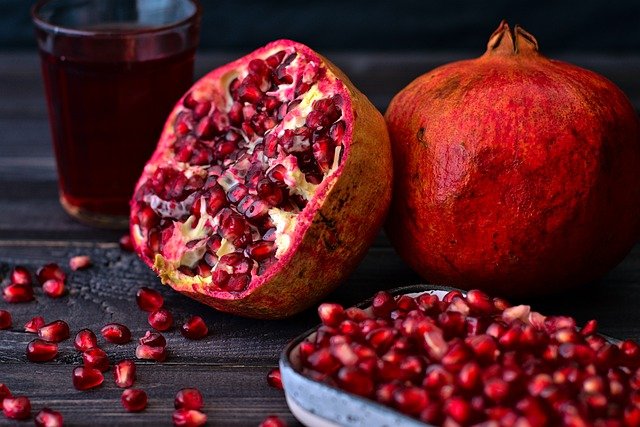
Finally, several types have additional vitamin C, which can help you get up to 27% of your daily value.
Pomegranate juice is high in anthocyanins, which are potent antioxidants that give the fruit its deep red color. Vitamin K, which is crucial for heart and bone health, is also abundant in the juice.
7. Acai berry Nutrition Juice
The acai palm tree produces small, round berries known as acai berries. The vivid purple color of their excellent juice is alluring.
A single cup (240 ml) of acai berry juice provides (39Trusted Source):
Calories: 91
Protein: 1 gram
Carbs: 13 grams
Fiber: 2 grams
Sugar: 9 grams
Given its newfound popularity, nutritional information on this drink is scarce. Nonetheless, the antioxidant content of the fruit has been extensively researched.
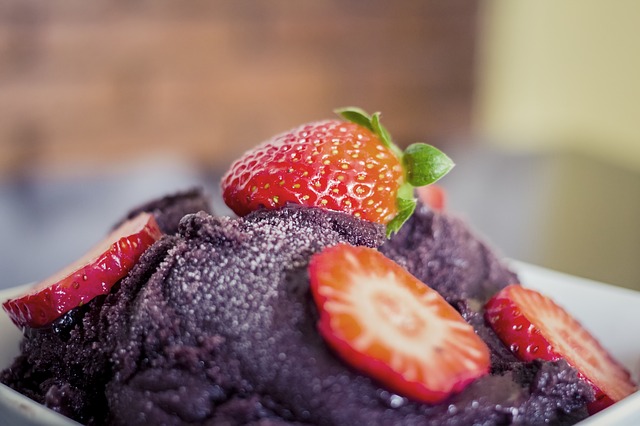
Flavonoids, ferulic acid, and chlorogenic acid are among the antioxidants found in acai juice. These substances have been linked to a lower risk of heart disease and mental decline in people who eat a diet high in them.
Acai berries, in fact, have even more antioxidants than blueberries, which are well-known for their disease-fighting properties.
Finally, a 12-week study of 14 osteoarthritis patients found that consuming an acai-based fruit beverage dramatically reduced reported pain. However, more research is needed to fully comprehend this association.
Flavonoids, ferulic acid, and chlorogenic acid are all found in abundance in acai juice. These substances have been related to a lower risk of chronic disease in people who eat a diet rich in them.
8. Orange Nutrition Juice
Orange juice is a popular breakfast drink all around the world, and it’s known for its health benefits.
A single cup of orange juice (240 mL) offers.
Calories: 112
Protein: 2 grams
Carbs: 26 grams
Fiber: 0.5 grams
Sugar: 21 grams
Folate: 19% of the DV
Potassium: 11% of the DV
Vitamin C: 138% of the DV
Vitamin C, an antioxidant that is important for skin health and iron absorption, is abundant in orange juice.
Cinnamic, ferulic, and chlorogenic acids are among the phenolic chemicals found in it. These antioxidant molecules aid in the battle against free radicals, which can cause cell damage and disease.
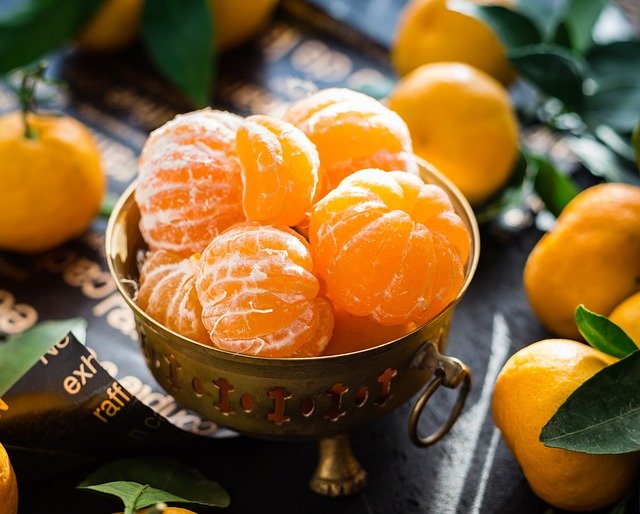
When compared to drinking water or glucose-water after a high-fat, carb-rich dinner, a research of 30 persons revealed that drinking orange juice following a high-fat, carb-rich meal resulted in considerably reduced inflammatory levels. The antioxidants in orange juice were blamed by the researchers.
Orange juice can be purchased with or without the pulp. The pulp contributes a small amount of fiber, but not enough to make a difference.
In addition, several orange juice variants contain calcium, which is beneficial to bone health.
Vitamin C and other antioxidants are abundant in orange juice. In one study, drinking orange juice after a high-fat, carb-rich meal reduced inflammation.
9. Grapefruit Nutrition Juice
Grapefruit juice is a refreshing, tangy beverage that many people appreciate. Grapefruit juice in a cup (240 mL) provides
Calories: 95
Protein: 1.5 grams
Carbs: 19 grams
Fiber: 1.5 grams
Sugar: 20 grams
Folate: 9% of the DV
Potassium: 8% of the DV
Vitamin C: 96% of the DV
Vitamin E: 4% of the DV
Grapefruit juice contains disease-fighting antioxidants such as vitamin C and the chemical naringin.
However, preparing the fruit reduces the amount of antioxidants it contains. Whole grapefruit, for example, is high in beta carotene and lycopene, while grapefruit juice is deficient in these minerals.
Grapefruit and its juice interact with more than 85 drugs, including blood thinners, antidepressants, and cholesterol and blood pressure drugs.

This is because furanocoumarins, which are found in grapefruit, conflict with your liver’s capacity to handle drugs. As a result, it’s critical to see a doctor before consuming grapefruit or its derivatives.
Antioxidants including naringin and vitamin C are abundant in grapefruit juice. Grapefruit and its derivatives, on the other hand, interact with a wide range of drugs. If you’re taking any medications that could interfere with grapefruit, talk to your doctor.
reference – diabetic self management, nutrition and you

